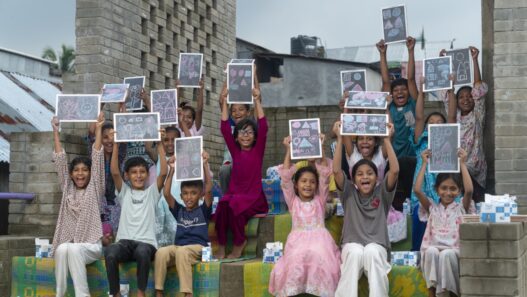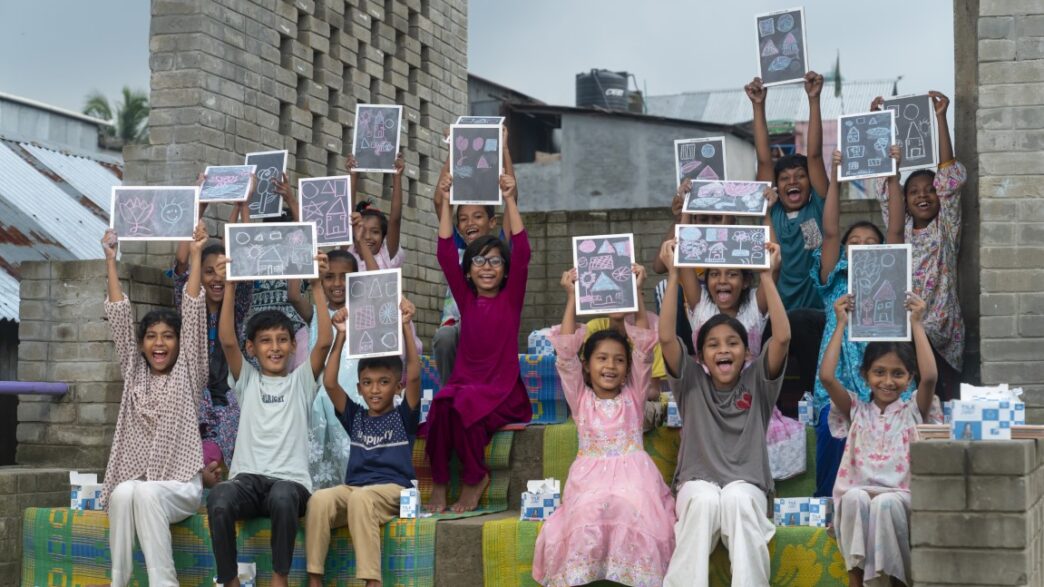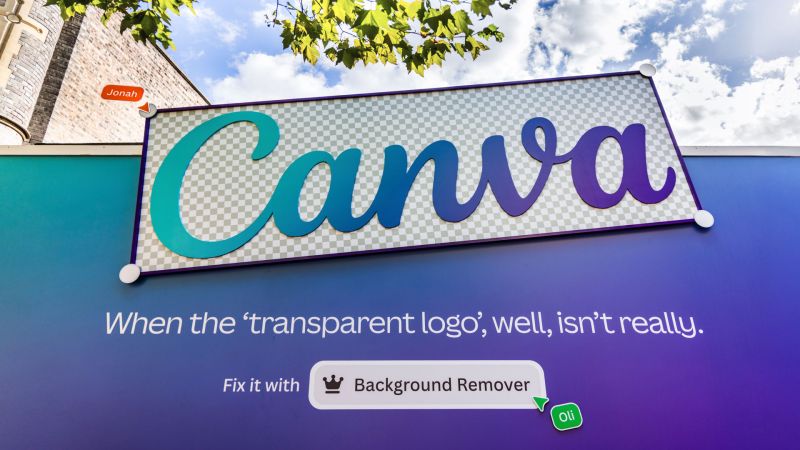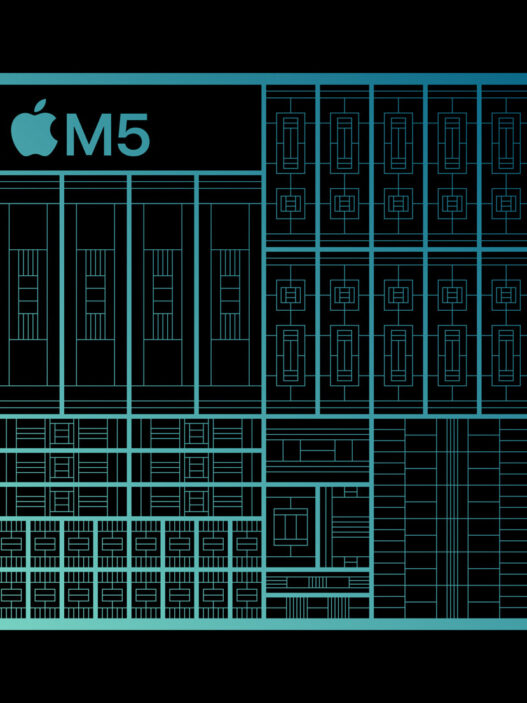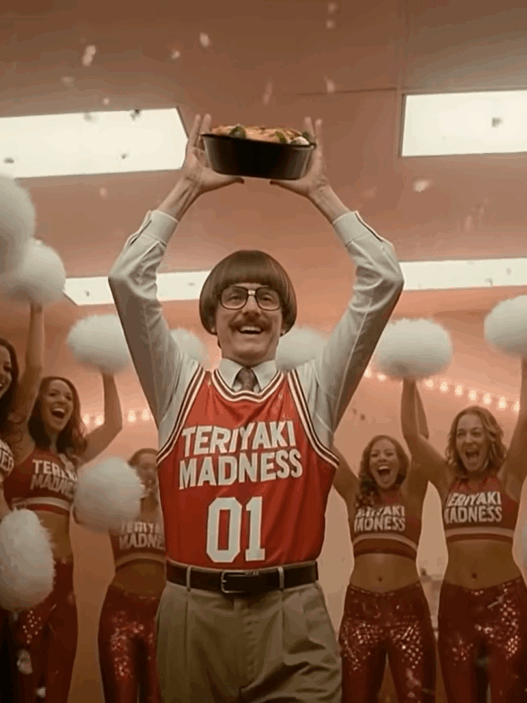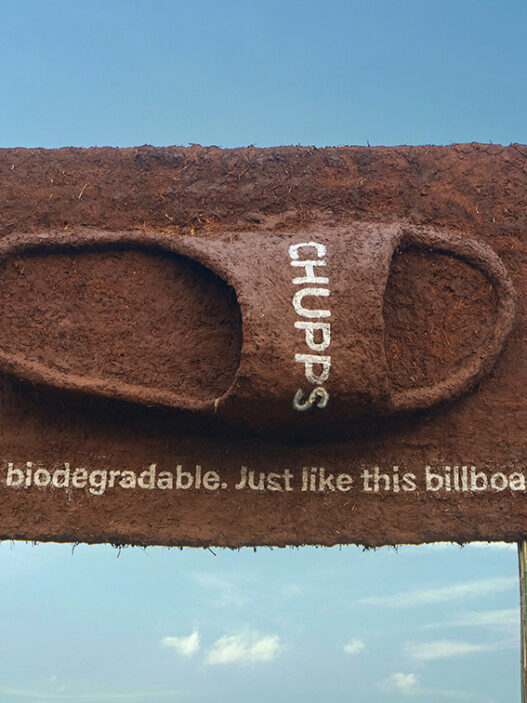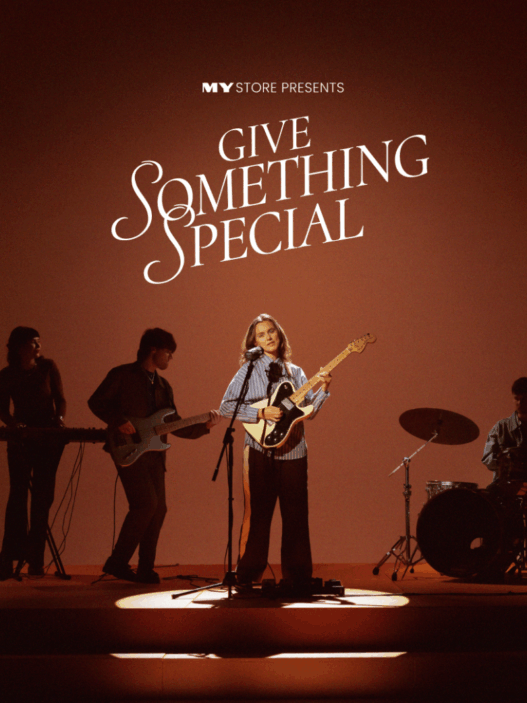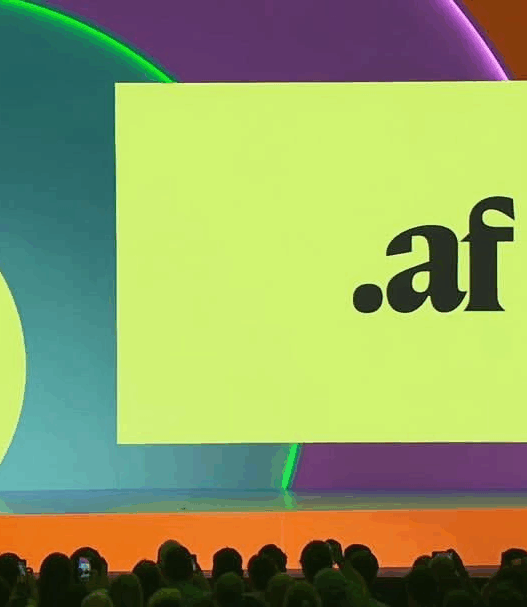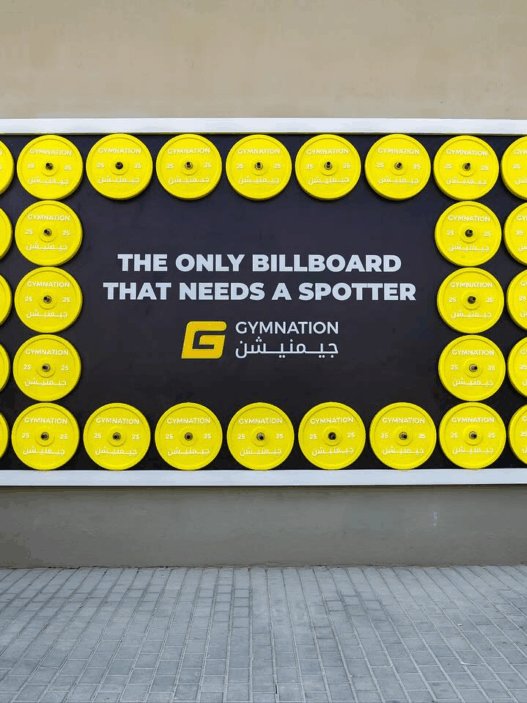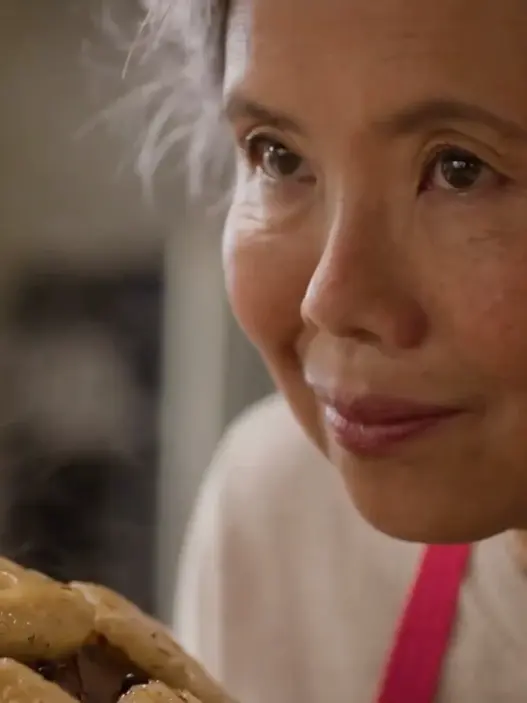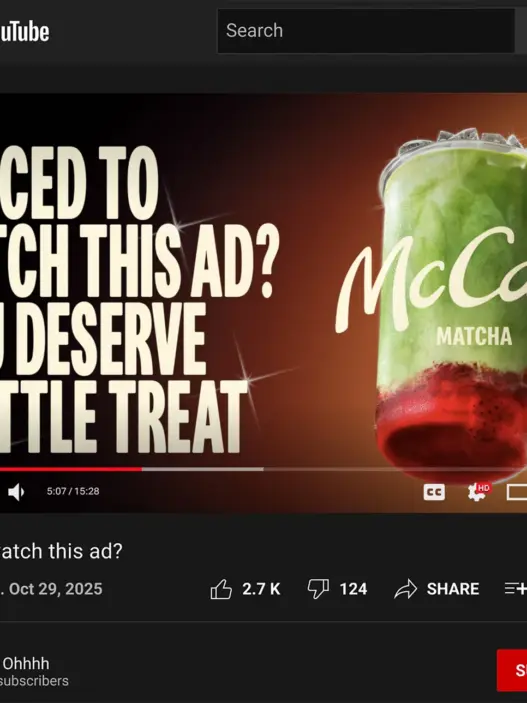Tile manufacturing is rarely associated with sustainability—but DBL Ceramics is challenging that perception with its groundbreaking TileChalk initiative. Transforming what was once waste into a valuable educational resource, the company has redefined how innovation and environmental responsibility can coexist.
With TileChalk, DBL Ceramics has turned residue sludge—a by-product of its tile manufacturing process—into high-quality classroom chalk for underserved schools across Bangladesh. What was previously considered unusable waste is now enabling thousands of children to learn sustainably.
Turning Waste Into Wisdom
DBL Ceramics has long been committed to eco-conscious manufacturing. From 100% wastewater recycling through advanced treatment plants to zero-waste production, the brand continues to explore new frontiers of green innovation.
During its recycling process, DBL identified a unique type of residue sludge that couldn’t safely be sent to landfills without harming soil and groundwater. Instead of treating it as a problem, DBL’s research and marketing teams saw potential. After six months of research and collaboration with chalk manufacturers, the sludge was successfully re-engineered into safe, durable, and affordable chalk sticks.
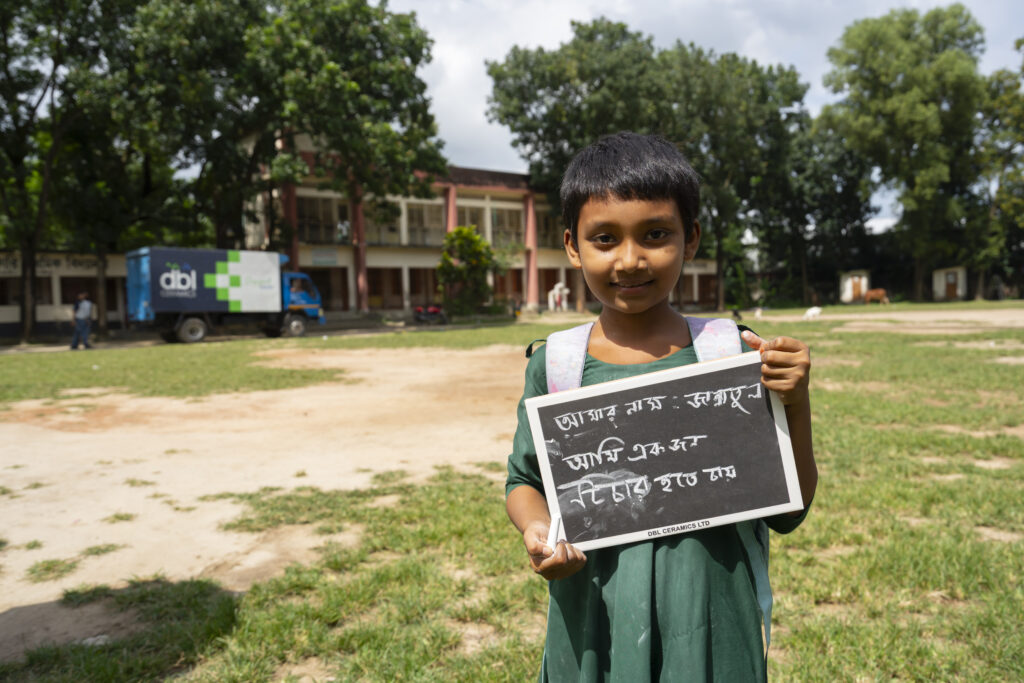
The first batches of TileChalk were distributed through partner NGOs, reaching more than 100 underserved schools nationwide. DBL also upcycled broken tiles into lightweight slates, reviving a classic classroom practice while reducing material waste. Together, the chalk and slates form a circular solution—minimizing environmental impact and maximizing educational benefit.
“Education should never harm the environment,” said a DBL Ceramics spokesperson. “With TileChalk, we’ve turned waste into a resource that helps children learn while protecting the planet.”
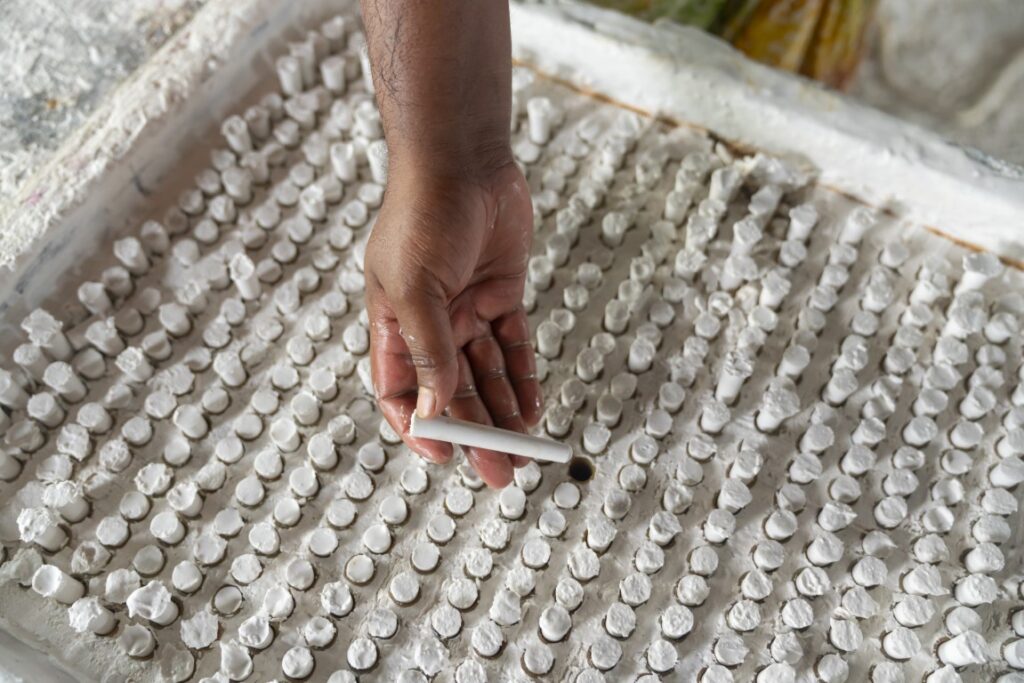
Open-Source Sustainability
DBL Ceramics has taken its sustainability commitment a step further by making the TileChalk formula open-source, encouraging competitors and industry peers to replicate and scale the impact. The company has also signed MoUs with local chalk manufacturers, offering them raw materials free of charge to help revive Bangladesh’s struggling chalk-making industry.
This open, collaborative approach is a rare move in corporate sustainability—demonstrating that environmental progress isn’t a competition, but a shared mission.
Impact Beyond the Factory
TileChalk has already gained significant attention across schools, NGOs, and media circles, showcasing how creativity can address real-world problems. By converting waste into learning tools, DBL Ceramics has created a model of industrial symbiosis, where business innovation fuels both environmental and social progress.
Through initiatives like this, DBL continues to prove that it’s not just shaping tiles—it’s shaping a greener, smarter future for Bangladesh’s next generation.
Project Credits
Project: TileChalk by DBL Ceramics
Client: DBL Ceramics Limited
Chief Business Officer: Mohammad Bayazed Bashar
Head of Marketing: Didarul Alam Khan
Marketing Manager: Fairooz Zannat Fannana
Assistant Manager: Rubaiyat Shafat
Agency: POP5
Chief Executive Officer: Masud Parvez
Chief Creative Officer: Mohammad Akrum Hossain Shaheen
Group Creative Directors: Md Abdullah Al Rana, Tauhid Milton
Creative Managers: Waleed Rajamiya, S M Sohanur Rahman
Sr. Art Directors: Esty Azizul Haque, Md. Tahidul Islam
Sr. Visualiser: Md. Ibrahim Hossain
Lead Animator: Khairul Hassan
Sr. Copywriter: Nabila Kabir
Copywriter: Zopari Lushai
Sr. Manager, Brand Service: Mashrur Majdi Sagor
Sr. Manager, Event & Activation: M. Morshed Alam
Sr. Executive, Brand Service: Nayma Islam Sneha
Management Trainee: Mahmudul Hasan
Graphic Designer: Mozammal Haque
Production House: Empty Yard
Director: Bayezid Nil
DOP: MD Kowshikur Rahman
Editor: Muhammad Ullah




